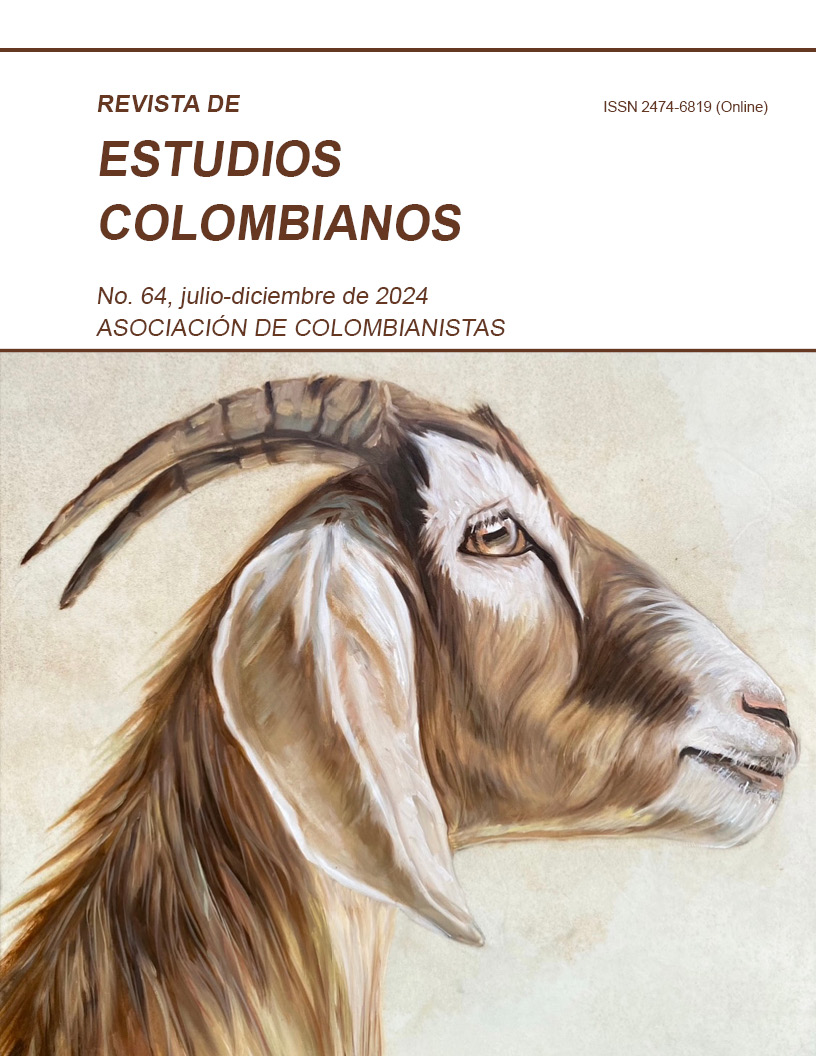Land disputes, heterogeneity of domination rules and state formation in Colombia: a comparative study
Main Article Content
Abstract
The purpose of this article is to carry out a historical and comparative analysis of how the disputes over land ownership and territorial control in the 1980s influenced the forms of regulation of social relations and community life that developed in the territories of Llanos del Yarí, Medio and Bajo Caguán, Carare and Puerto Boyacá. To answer this question, I returned to the theoretical contributions of the relational sociology of the state and comparative historical sociology, which allowed me to understand the processes of configuration of social arrangements and formation of the state as historical constructions of each society that are forged within the framework of power relations (Brachet-Márquez 2012; Migdal 2011). Methodologically, I developed a comparative design of four case studies, which had a broad territorial impact during the 1980s because they reflected different forms of domination and challenge to established powers, by peasant organizations that promoted significant experiences of community resistance in the midst of war and by armed groups that consolidated territorial domains, in a context where the State also promoted strategies of social regulation. I highlight the potential for learning and explanation that the comparison of these case studies generates.
